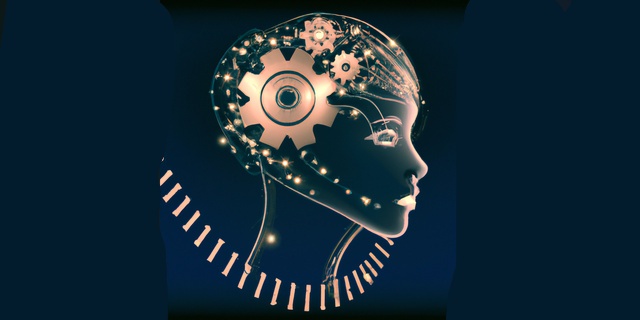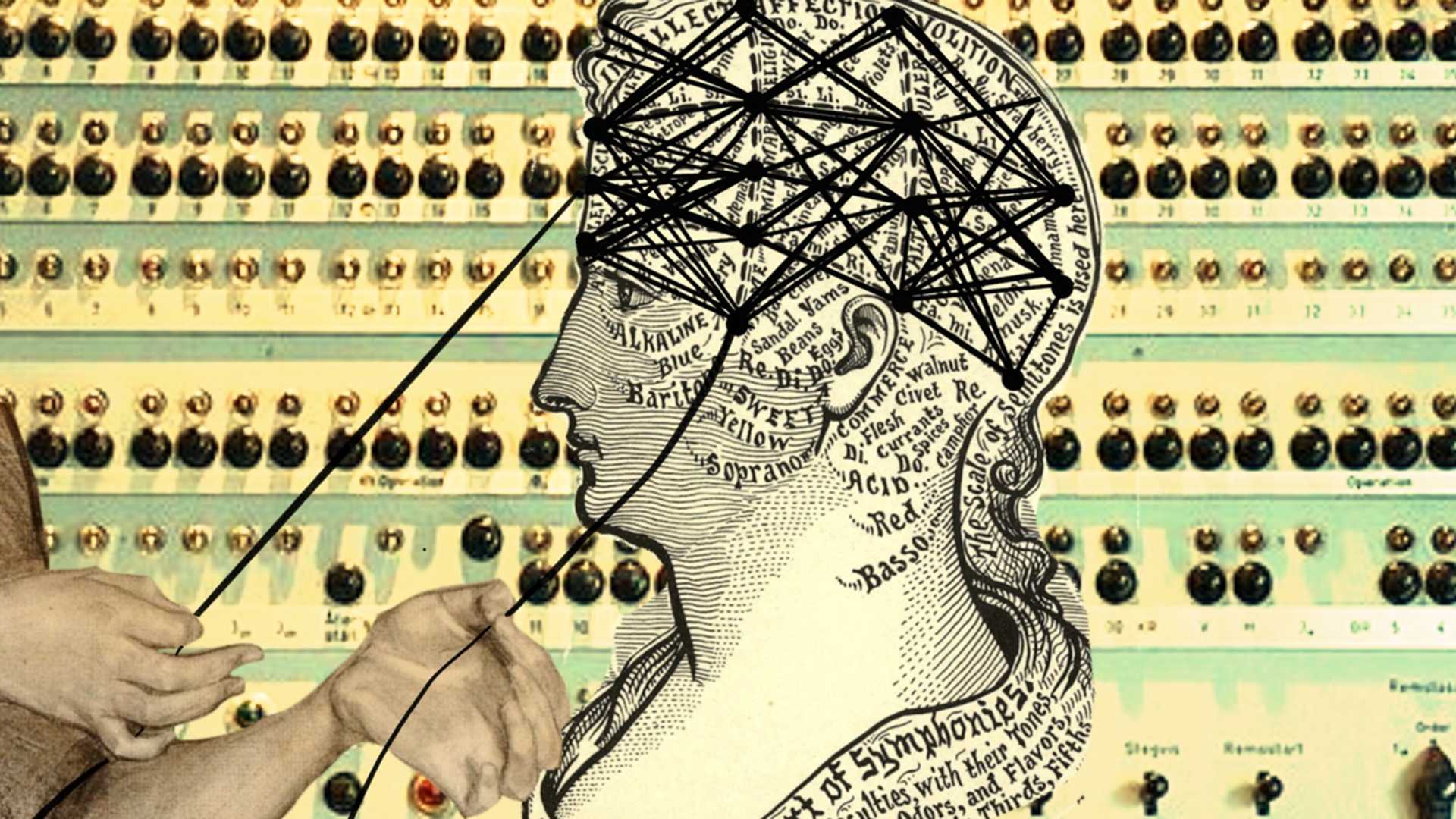What is still worth learning? How AI will revolutionise education ...
Recent studies suggest that artificial intelligence is making us dumb, causing people to forget facts and lose critical thinking skills. With AI increasingly able to fill skill gaps, Anthony Cuthbertson explores what will still be important to learn in the future.
The Evolution of Learning
The biggest lie a teacher ever told me was that I needed to learn how to do long division by hand. An entire generation of students heard this claim, based on the mistaken idea that we would not have calculators in our pockets when we were older. At the time, it seemed inconceivable that everyone would one day carry a device that was not only a calculator but one that essentially contained all human knowledge.

The arrival of smartphones has allowed me to forget most of the maths I learned at school in the 1990s and early 2000s – as well as historical dates, geographical phenomena, and scientific formulas – without it ever significantly impacting my day-to-day life.
The Role of AI in Education
But now a new technology is challenging not just what we need to learn, but how we learn. The latest generation of AI apps like ChatGPT, Gemini, and DeepSeek are rendering traditional homework assignments obsolete, capable of writing original essays or completing worksheets in seconds.

Educators are rapidly integrating AI into their classes and reshaping courses of study to account for this fundamental shift, but some philosophers and futurists are calling for entire curriculums to be rewritten.
The Importance of Critical Thinking
The focus, according to a growing number of advocates, should switch to critical thinking, logic, and reasoning. Without these skills, there is a risk of becoming too reliant on AI. If tools like ChatGPT are then handling all of our reasoning tasks and holding all the facts we would have once been forced to remember, then there is a risk our brain might even begin to atrophy through lack of use.
The Impact on Cognitive Skills
Earlier this year, researchers found that over-reliance on generative AI was causing workers to lose core skills like creativity, judgment, and problem-solving.

The Future of Learning in a Solved World
Looking further into the future, advanced AI systems may force a rethink of how we learn to live in a world where most work is not even necessary. Oxford professor Nick Bostrom addressed the issue in his latest book, Deep Utopia: Life and Meaning in a Solved World.
At that point, society could move away from efficiency, usefulness, and profit, and move toward "appreciation, gratitude, self-directed activity, and play". Even in this future scenario, learning still has a place.
The Value of Learning
This echoes similar sentiments expressed nearly a century ago by former first lady and activist Eleanor Roosevelt, who promoted the intrinsic value of learning – that it is not just a means to an end but an end in itself. "The essential thing is to learn," she said. "Learning and living".




















